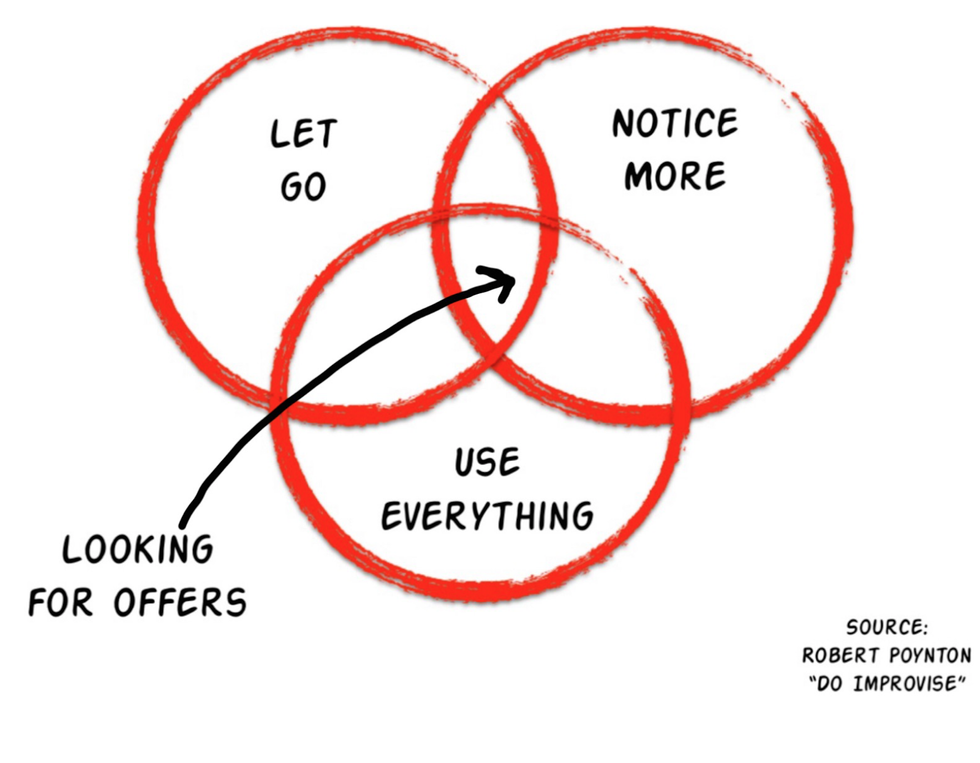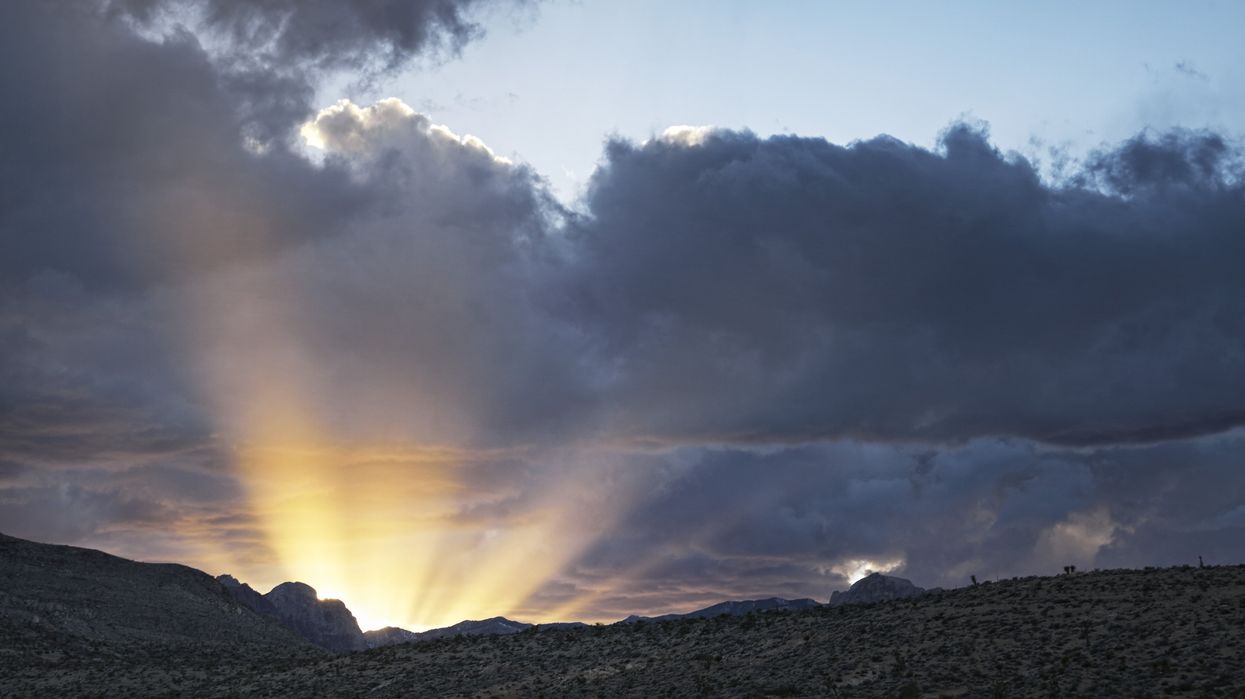Solomon is faculty in the Stanford University's design school and a creator of civic futures programs like Vote by Design, Building America’s Teammates and The Team.
When President Joe Biden announced on July 21 that he would not seek re-election, the entire political landscape — and sense of hope for the future — changed in dramatic and unprecedented ways.
What a difference two weeks can make! Fundraising records are being shattered. Volunteer recruitment is off the charts. The initial “Black Women for Harris” and then "White Women for Harris" digital rallies nearly broke Zoom and the internet, and more virtual gatherings have followed.
For many, there is a collective "whoosh" and joy that Ezra Klein described in a recent podcast about Vice President Kamala Harris’ quick rise to become the official Democratic nominee.
And, we also know that the future remains volatile and uncertain.
As we look ahead to the weeks leading up to the 2024 election, I’ve been wondering what we can do as citizens, regardless of ideology, to hold on to new hope about the future and channel more positive energy in longer-term and more sustainable work.
One powerful framework for navigating high-stakes complexity comes from my dear friend and leadership coach Robert Poynton, a celebrated author and Oxford educator. Poynton teaches leaders how to see complicated moments through the lens of "offers," a technique that underlies many practices of improvisational theater.
At the heart of Poynton's approach are three deceptively simple practices: Notice More, Use Everything and Let Go. These aren't just improv techniques; they're powerful tools for expanding our understanding and agency in an increasingly dynamic world. We can’t predict what will happen, but we can steady ourselves with practices that can help us move beyond a binary either/or response stance to one that is more flexible and adaptive.

First, let’s ‘Notice More’
Noticing more allows us to expand our surface area of inputs and data, ensuring that we're imagining from the widest possible set of inputs and avoiding potential blind spots.
- We can notice — and celebrate that we are a country that cares deeply about our democracy and does not take it for granted. That the pervasive narrative of democracy's demise does not need to become our future reality.
- We can appreciate how this moment is changing the discourse from demise and division to hope and possibility — and how joyful it feels to feel joyful!
- We can also notice that although the general cultural zeitgeist feels more positive and possible, there are underlying systemic challenges that require sustained attention and action.
- We can be wide-eyed to the reality that Harris' quick rise may lead to an increase in divisive discourse, harmful language and, possibly more political violence. We can be ready to respond with messages and actions that model the kind of pluralistic society we want to be a part of.
We can Use Everything’
Using everything helps us build on what's available to us, including expanded peripheral vision from our first practice of noticing more. When we use everything, we find that new ideas might come from elevating what's already working in new ways or recombining elements of what's already there.
- We can use this moment to have different kinds of conversations about our civic futures. Not just ones that are reacting to the fear and distress of what might be, but to be more proactive in envisioning the positive futures we'd like to create.
- We can see the surge of interest and energy from groups that don't typically engage in election cycles as opportunities to build more on-ramps to participating in other forms of civic life.
- We can lean into the coverage about Harris’ running mate to learn more about the role of a vice president and about the different leaders who were publicly “vetted” by the Democratic Party.
- We can deepen our curiosity about other unprecedented times in history to identify patterns and signals to ready us for what may unfold. How might a deeper understanding of the Summer of '68 help us get ahead of more challenging futures we'd like to avoid? What are other challenging moments in our history that we productively learn from?
We can ‘Let Go’
Letting go gives us permission to show up as open learners and contributors. We can let go of fixed assumptions, of our search for known answers where there are none, of unhealthy or extreme expectations of ourselves or others.
- We can let go of past models of division and foster different kinds of conversations about our civic futures.
- We can let go that debating our future has to feel difficult and hard. We can build on the uplifting feelings of joy — not to minimize what's ahead, but to remember that joy and laughter are often more energizing than fear.
- In this truly unprecedented moment, we can let go of having our beliefs about what's possible be outsourced to critics, pundits and pollsters. It's our future to shape.
As we stand at this pivotal moment in our nation's history, it's easy to feel overwhelmed by the rapid changes and uncertain future. Poynton reminds us that every moment of uncertainty is an “offer” — an invitation to create, to connect and to contribute.
Our democracy isn't just something that happens to us — it's something we actively shape, day by day, choice by choice. By applying these practices, we're not just passive observers of history — we become its authors.











 "On the Frontlines of Democracy" by Nonprofit Vote,
"On the Frontlines of Democracy" by Nonprofit Vote,








Trump & Hegseth gave Mark Kelly a huge 2028 gift